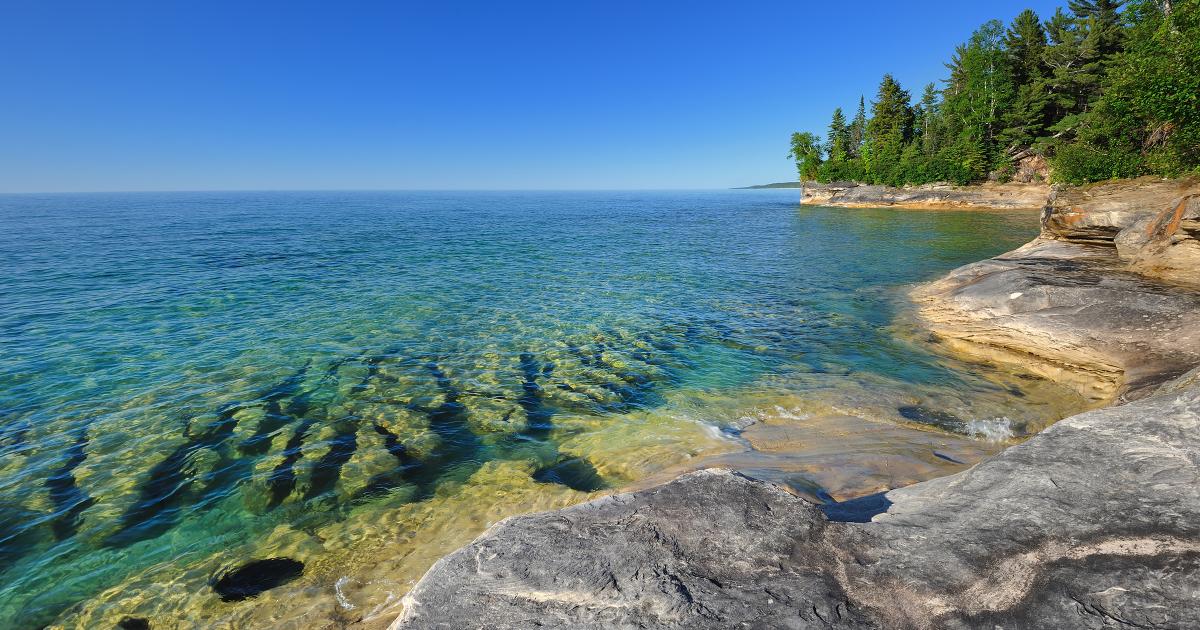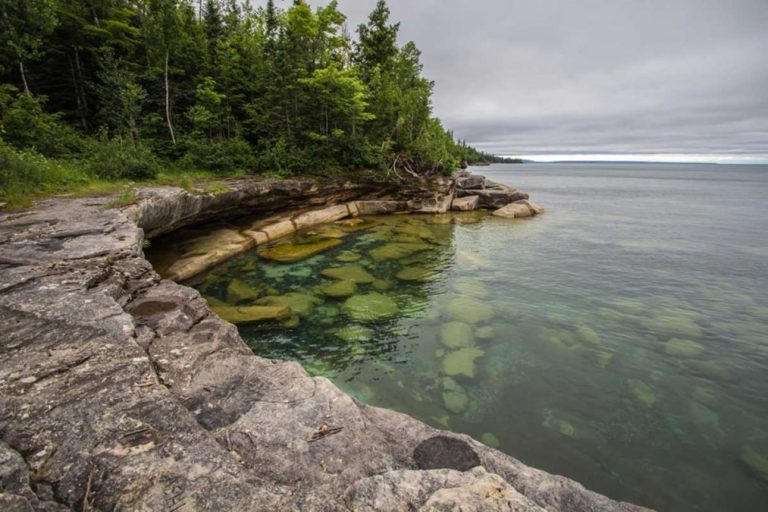Buffalo, NY – August 21, 2023 – As global warming continues to tighten its grip on our planet, the beloved Great Lakes face an existential threat. Inaction now could lead to dire consequences for Buffalo and the surrounding areas, jeopardizing not only the environment but also the economy and communities that depend on the freshwater lifeline.
- The Disappearing Freshwater Treasure: The Great Lakes, which hold a staggering 20% of the world’s freshwater supply, are under immense pressure from rising temperatures. As a result, algal blooms plague Lake Erie, turning its once pristine waters into a toxic menace. These blooms contaminate drinking water and pose severe health risks to the residents of Toledo, Ohio, serving as a stark warning of what could lie ahead if we fail to act swiftly.
- Economic Fallout and Environmental Devastation: The repercussions of neglecting the value of this freshwater gem extend far beyond public health concerns. As the lakes warm, cold-water species teeter on the brink of extinction, creating an ecological imbalance that threatens the delicate web of life within the region. Simultaneously, non-native species exploit the changing conditions, wreaking havoc on local ecosystems. This environmental degradation not only compromises biodiversity but also jeopardizes Buffalo’s economy long-term. As we continue to flourish as a city mid-renaissance, it will only add exponential stress to the surrounding natural environment.
- Communities Hanging by a Thread: The communities dotting the shores of the Great Lakes face an uncertain future if we ignore the warning signs. Climate change-induced extreme weather events amplify the risks of flooding and erosion along the coastlines, putting homes, infrastructure, and livelihoods at stake. Without valuing and protecting our freshwater resources, these communities face a bleaker reality where the very fabric of their lives is threatened, leaving them vulnerable and without the life-giving waters they rely on.
It is imperative that we recognize the urgency of addressing climate change and its impact on the Great Lakes. By taking immediate action to reduce greenhouse gas emissions, invest in sustainable practices, and prioritize the conservation of this invaluable freshwater resource, we can safeguard the environment, sustain local economies, and protect the communities that call these shores home. The time for action is now, before the damage becomes irreversible, and our negligence condemns the Great Lakes to a future devoid of their vital life force.

